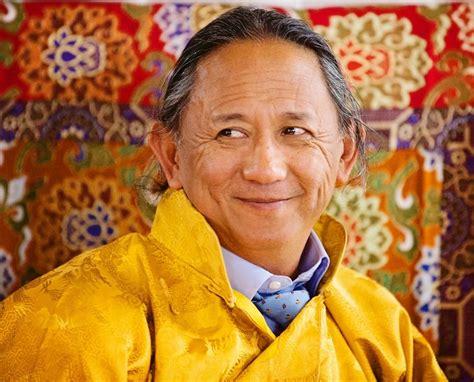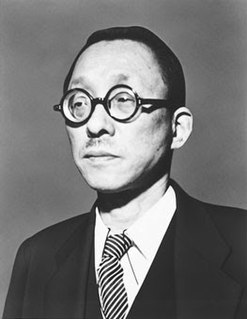A Quote by Marcus Samuelsson
It's often hard for us to imagine going without some of our luxuries like travel, dining out, or Internet, much less our basic necessities like food and water. But try for a minute to imagine how life would be with such deprivations.
Related Quotes
Imagine craving absolutely nothing from the world. Imagine cutting the invisible strings that so painfully bind us: what would that be like? Imagine the freedoms that come from the ability to enjoy things without having to acquire them, own them, possess them. Try to envision a relationship based on acceptance and genuine care rather than expectation. Imagine feeling completely satisfied and content with your life just as it is. Who wouldn't want this? This is the enjoyment of non-attachment.
I celebrate myself," the poet Walt Whitman wrote. The thought is so delicious it is almost obscene. Imagine the joy that would come with celebrating the self — our achievements, our experiences, our existence. Imagine what it would be like to look into the mirror and say, as God taught us, "That's good.
How often do our heroes stand still? It's hard to imagine Spock and Kirk landing on a planet and just relaxing for a month or two. Just hanging out has nothing to do with boldly going where no one has gone before. What makes us different from every other creature is that we go places, places we've not gone before. We do it willingly, and often. What makes our work and our life interesting is discovery, surprise, and the risk of exploration.
Imagine if we had a food system that actually produced wholesome food. Imagine if it produced that food in a way that restored the land. Imagine if we could eat every meal knowing these few simple things: What it is we're eating. Where it came from. How it found its way to our table. And what it really cost. If that was the reality, then every meal would have the potential to be a perfect meal.
When I speak of divisions greater than gender or race, I say that because it is so unimaginable. I can imagine what it would be like to be another race. Or to be a man - I could draw that up in my mind and experience it. Schizophrenia? We're all schizophrenic in our dreams. Depression? Most of us have been at least a little depressed and can imagine it. But not having a conscience? Conscience is so profound and so basic in most of us.
Sharia has a ruling system, an economic system, a policy and social system, a foreign policy and judiciary system to be implemented, you know, the whole package. Under the Sharia, food, shelter and clothing will be provided for all citizens in addition to basic necessities like gas and water as well. But, it's not like communism or socialism in the respect that you can work for the luxuries.
My hunch, for what it's worth, is that most of us probably find it much, much harder than we realize to really imagine what catastrophe is like. I have a hunch that we all labor under this rather convenient illusion that if we read about the Syrian refugee crisis, we can imagine what it feels like to set off from your home and your life with all your possessions in two bin liners. We all think that we can imagine that and my guess is that none of us have got a clue.
When we are upset, it’s easy to blame others. However, the true cause of our feelings is within us. For example, imagine yourself as a glass of water. Now, imagine past negative experiences as sediment at the bottom of your glass. Next, think of others as spoons. When one stirs, the sediment clouds your water. It may appear that the spoon caused the water to cloud – but if there were no sediment, the water would remain clear no matter what. The key, then, is to identify our sediment and actively work to remove it.
I can't imagine what it would be like to write in a relaxed state. I'm going to be writing some stories for my own interest. I want to experiment with different things and see if I can approach writing with much less control and in a better psychological state. It will be like breaking out of a straitjacket.
By delivering experience, novels can alter the stance we adopt toward news - not much, I'm sure, but they can make it a little more difficult for us to consign "other people" to our tidy boxes. Widening our imaginative life might - it's not hard to imagine - also develop our ability to contemplate counterfactuals and our capacity to speculate about how things might differ from how they're being represented.







































